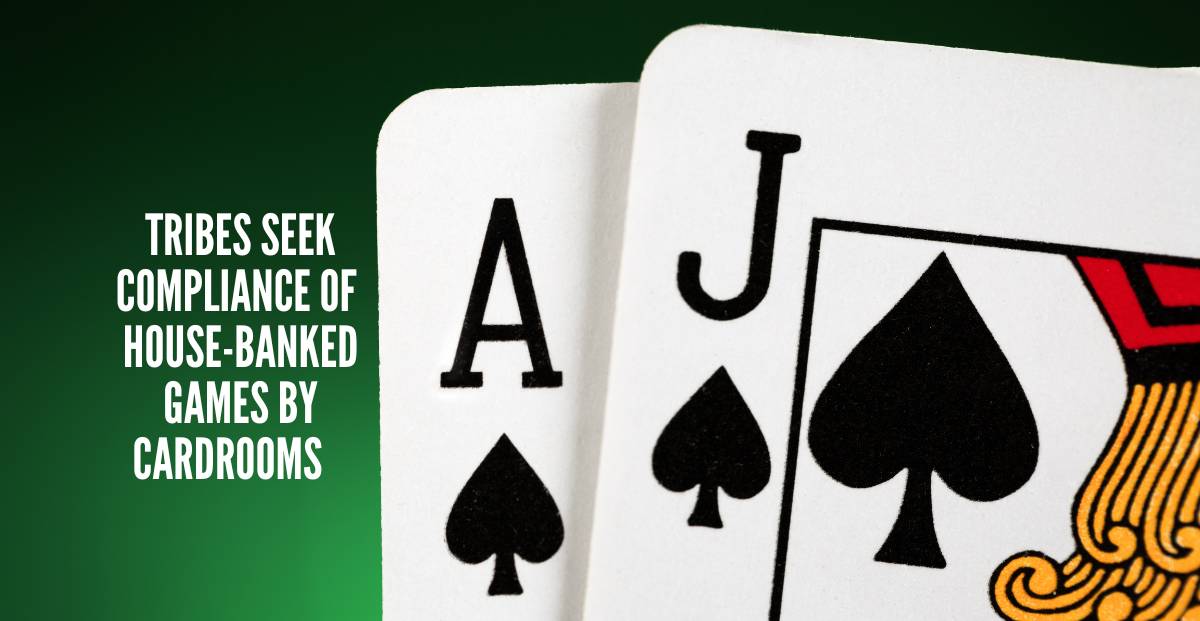Proposal by California Attorney General to Ban Cardroom Blackjack
In a recent proposal, the California Attorney General has put forth a plan to ban cardroom blackjack in the state. This move has sparked a heated debate among lawmakers, industry experts, and the general public. While some argue that banning cardroom blackjack is necessary to protect vulnerable individuals from gambling addiction, others believe it would have detrimental effects on the economy and the livelihoods of many Californians.
Cardroom blackjack, also known as 21, is a popular card game played in licensed establishments across California. It involves players competing against the dealer to reach a hand value of 21 or as close to it as possible without exceeding it. The game has been a staple in cardrooms for decades, attracting both locals and tourists alike.
The proposal to ban cardroom blackjack stems from concerns over the potential for increased gambling addiction and its associated negative consequences. Proponents argue that by removing this game from cardrooms, the state can better protect vulnerable individuals, particularly those who may be prone to developing gambling problems. They believe that by eliminating blackjack, the state can mitigate the risk of financial ruin and other social issues associated with excessive gambling.
However, opponents of the ban argue that it would have severe economic consequences. Cardroom blackjack is a significant revenue generator for both the establishments and the state. By banning the game, these businesses would suffer substantial financial losses, potentially leading to job cuts and closures. Additionally, the state would lose out on tax revenue generated from these establishments, which could have a significant impact on public services and infrastructure projects.
Moreover, opponents argue that banning cardroom blackjack would not effectively address the issue of gambling addiction. They believe that instead of prohibition, the focus should be on implementing responsible gambling measures such as education, awareness campaigns, and treatment programs. By providing resources and support for those struggling with gambling addiction, the state can better address the root causes of the problem without resorting to a complete ban.
It is important to note that the proposal to ban cardroom blackjack is not without precedent. In 2019, the California Bureau of Gambling Control issued a similar proposal, but it was ultimately withdrawn due to the backlash and concerns raised by various stakeholders. The current proposal is expected to face similar opposition, with many arguing that a ban would be an overreach of government authority and an infringement on personal freedoms.
As the debate continues, it is crucial for lawmakers to carefully consider the potential consequences of a ban on cardroom blackjack. Balancing the need to protect vulnerable individuals with the economic impact on businesses and the state is a complex task. Finding a middle ground that addresses concerns over gambling addiction while preserving the livelihoods of many Californians will be key in determining the future of cardroom blackjack in the state.
